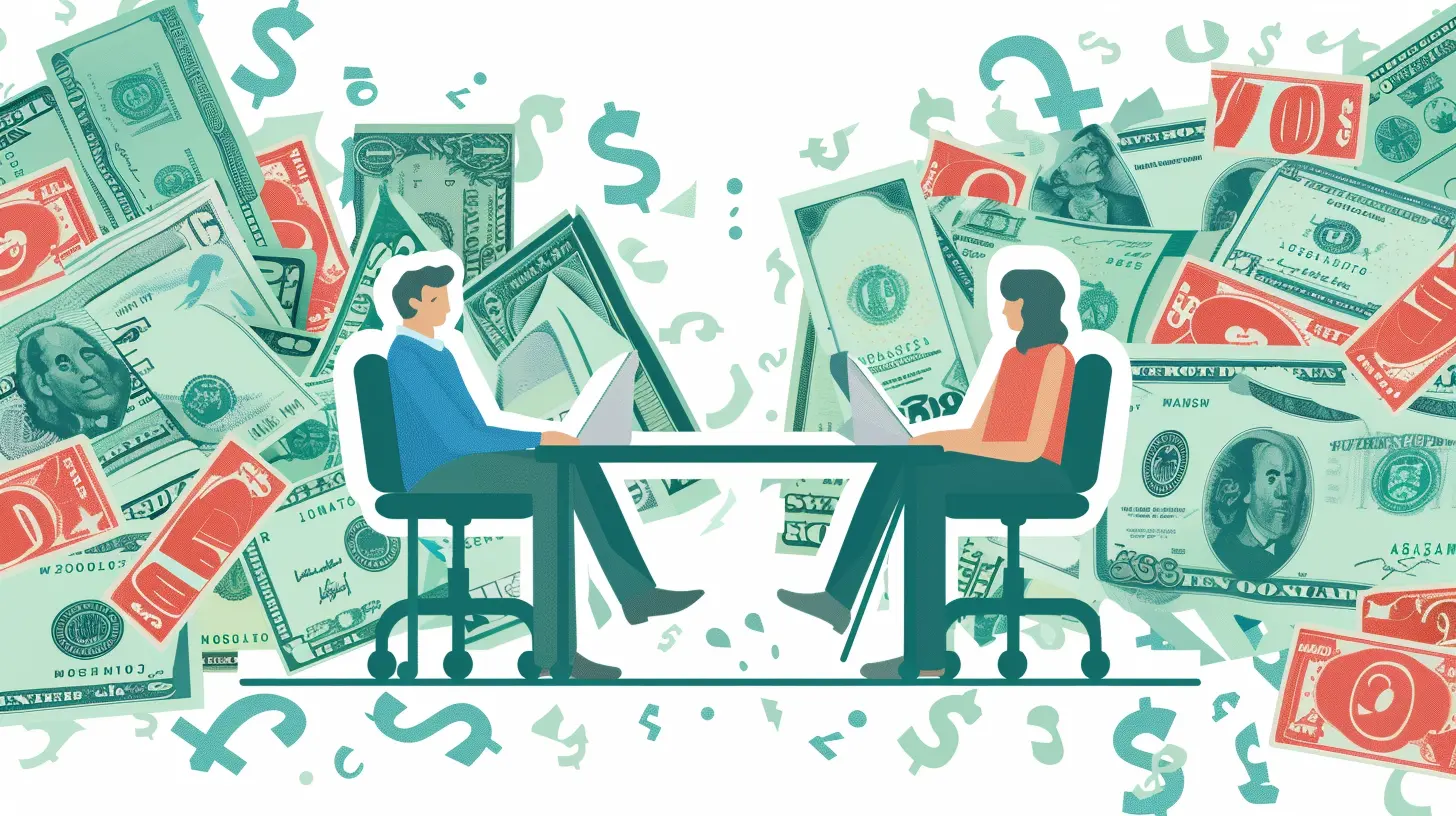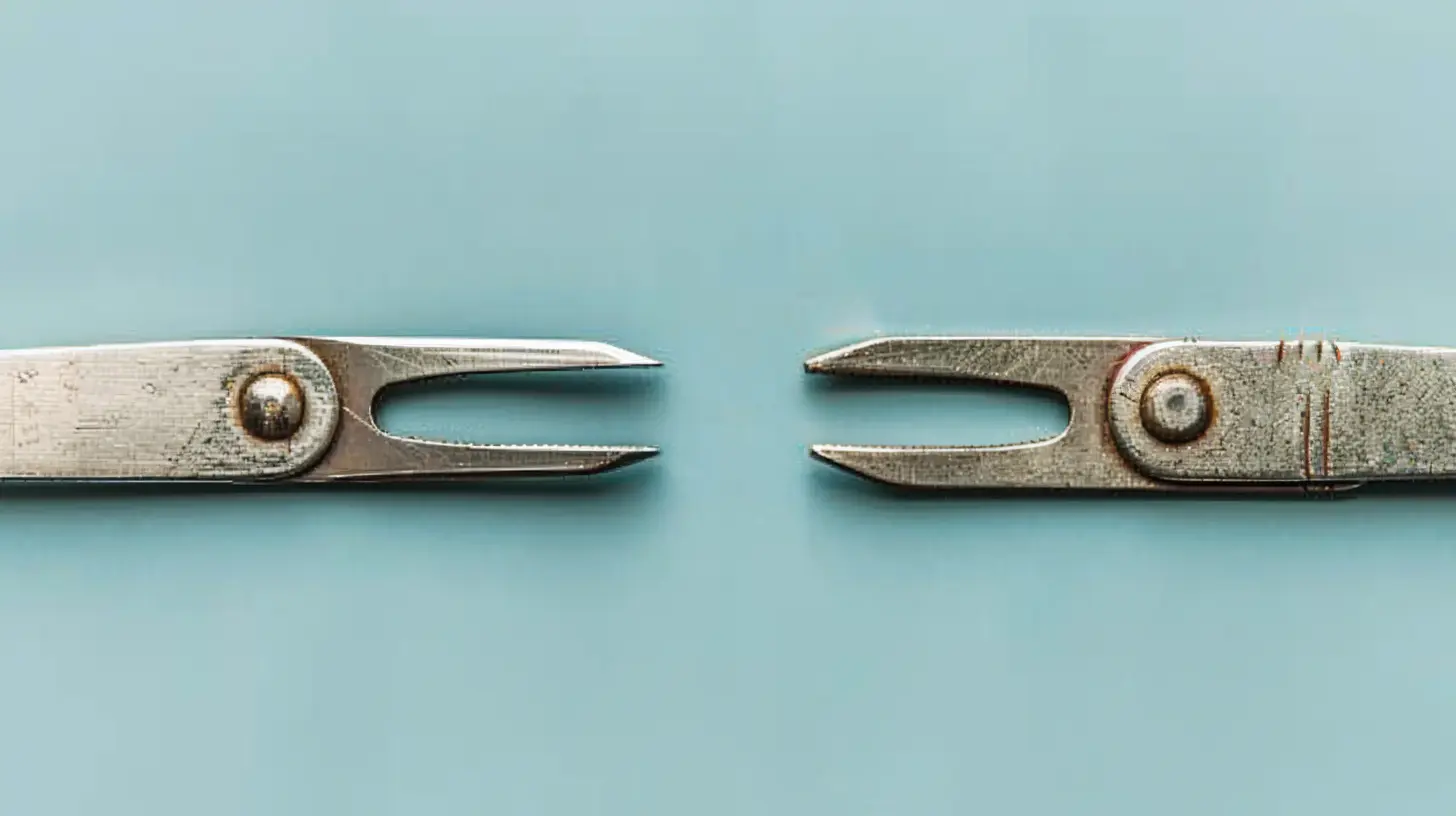6 April 2025
When you’re trying to get your finances in order—whether for your personal budget or your business—one of the first things you have to consider is where to cut back. But before making those tough financial decisions, you need to understand fixed costs and variable costs.
Some expenses are set in stone (at least for a while), while others fluctuate depending on your usage or business operations. So, which costs should you target when trying to save money? Let’s break it all down! 
📌 What Are Fixed Costs?
Fixed costs are expenses that don’t change regardless of how much you use a service or how your business is performing. Whether you make $1,000 or $100,000, these bills will keep coming at a steady rate.Examples of Fixed Costs:
- Rent or Mortgage – Your lease or mortgage payment stays the same each month.- Insurance – Health, car, and business insurance premiums rarely change month-to-month.
- Salaries (for Permanent Staff) – If you have full-time employees, their salaries stay the same unless you cut jobs or offer bonuses.
- Loan Payments – If you have a car loan, student loan, or business loan, those payments are fixed.
- Subscriptions – Monthly streaming services, software subscriptions, or gym memberships fall under this category.
Why Are Fixed Costs Important?
Fixed costs provide stability. Since they remain consistent, they help you set realistic budgets. But here’s the catch—when money gets tight, trimming fixed costs can be difficult.
🔄 What Are Variable Costs?
Variable costs change based on how much you use something or how well your business is doing. In personal finance, think of expenses tied to habits, consumption, or external factors.Examples of Variable Costs:
- Utility Bills – Electricity, water, and gas bills depend on usage.- Groceries & Dining Out – The more you eat out or buy premium products, the more you spend.
- Commissions & Bonuses – If you're in sales, commissions vary depending on performance.
- Transportation Costs – Gas prices fluctuate, and ride-sharing services depend on how often you use them.
- Marketing & Advertising – Businesses adjust ads based on budget and revenue.
Why Variable Costs Matter
Variable costs can be flexible and easier to cut than fixed costs. You can scale them up or down depending on financial circumstances.
💡 Fixed Costs vs. Variable Costs: Which One Should You Cut?
Now, here’s the big question: Where should you cut back when things get tough? The truth is, both types of costs have pros and cons when it comes to saving money.Let’s dive into the strategies for reducing each. 
✂️ How to Reduce Fixed Costs
Fixed expenses are tricky because they often feel non-negotiable. But with a little creativity (and persistence), you can definitely slash some of them down.1️⃣ Renegotiate Bills & Contracts
- Call your internet, phone, or insurance provider and ask for a better rate. Companies often have discounts but won’t offer them unless you ask.- If you have a business lease, negotiate with your landlord to adjust rent or find a smaller/cheaper office space.
2️⃣ Cancel Unnecessary Subscriptions
- Take a hard look at your memberships and software subscriptions.- If you’re only watching Netflix once a month, is it really worth it?
3️⃣ Refinance Loans
- If you have a mortgage or student loan, refinancing at a lower interest rate could significantly save you money over time.4️⃣ Downsize Where Possible
- Moving to a smaller home or switching to a more affordable car can reduce fixed costs dramatically.- For businesses, cutting unnecessary office space or switching to remote work can save a ton.
5️⃣ Bundle Services
- Many providers offer discounts when you bundle insurance, internet, and phone plans.🔻 How to Reduce Variable Costs
Since variable costs fluctuate, they’re often easier to cut without making major sacrifices.1️⃣ Adjust Your Grocery Spending
- Plan meals ahead of time and avoid impulse buys.- Stick to a shopping list and opt for store-brand items over name brands.
2️⃣ Reduce Energy Consumption
- Turn off lights when not in use, unplug electronics, and switch to energy-efficient appliances.- Adjust your thermostat to save on heating and cooling costs.
3️⃣ Cut Back on Eating Out
- Instead of dining at restaurants multiple times a week, opt for homemade meals.- If you need a caffeine fix, brewing coffee at home instead of hitting up Starbucks can save hundreds a year.
4️⃣ Be Smarter with Transportation
- Use public transportation or carpool instead of driving alone every day.- Consider biking or walking for short distances instead of using gas.
5️⃣ Limit Impulse Purchases
- If you tend to shop online frequently, give yourself a waiting period before hitting that "buy now" button.- Unsubscribe from promotional emails that tempt you to spend more.
🎯 The Best Strategy? Balance & Prioritization
At the end of the day, the key to financial well-being is knowing which expenses truly add value to your life or business.- Fixed Costs: Some are necessary, but others (like expensive rent or excessive subscriptions) can be trimmed.
- Variable Costs: These are usually the easiest to control, so it makes sense to start here when cutting back.
A balanced approach ensures that you’re not making life unnecessarily difficult but still being smart about your finances.
So, before making any drastic cuts, ask yourself:
✅ Is this expense essential for survival or business operations?
✅ Can I find a cheaper alternative without sacrificing quality?
✅ Am I actually using this service, or is it just on autopilot?
By making mindful adjustments, you can free up money for savings, investments, or other financial goals—without feeling like you’re depriving yourself.
🔥 Final Thoughts
Cutting costs is never one-size-fits-all, and it’s not about becoming miserable just to save a few extra dollars. It’s about spending smarter.By understanding fixed vs. variable costs, you gain control over your budget and make decisions that truly align with your financial goals.
So next time you're reviewing your expenses, don’t just slash randomly—be strategic and prioritize what truly matters!





Rhea Wilson
Great insights on managing costs! Understanding the difference between fixed and variable expenses is vital for financial health. Small adjustments can lead to significant savings—every little bit helps on the path to financial stability!
April 13, 2025 at 3:36 AM